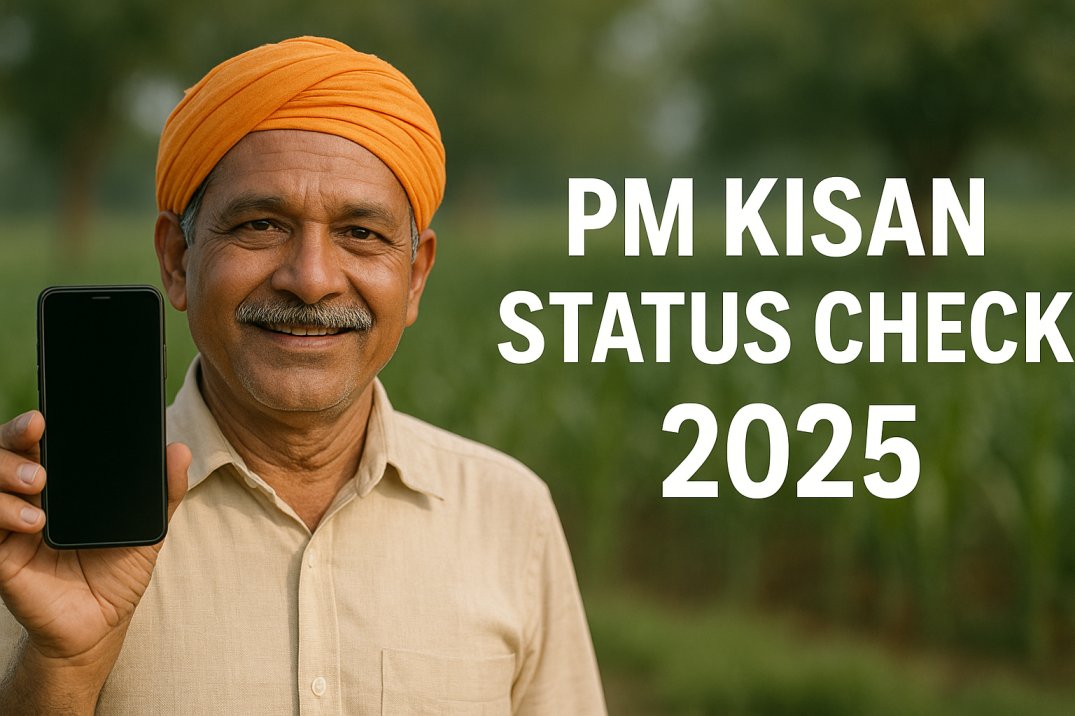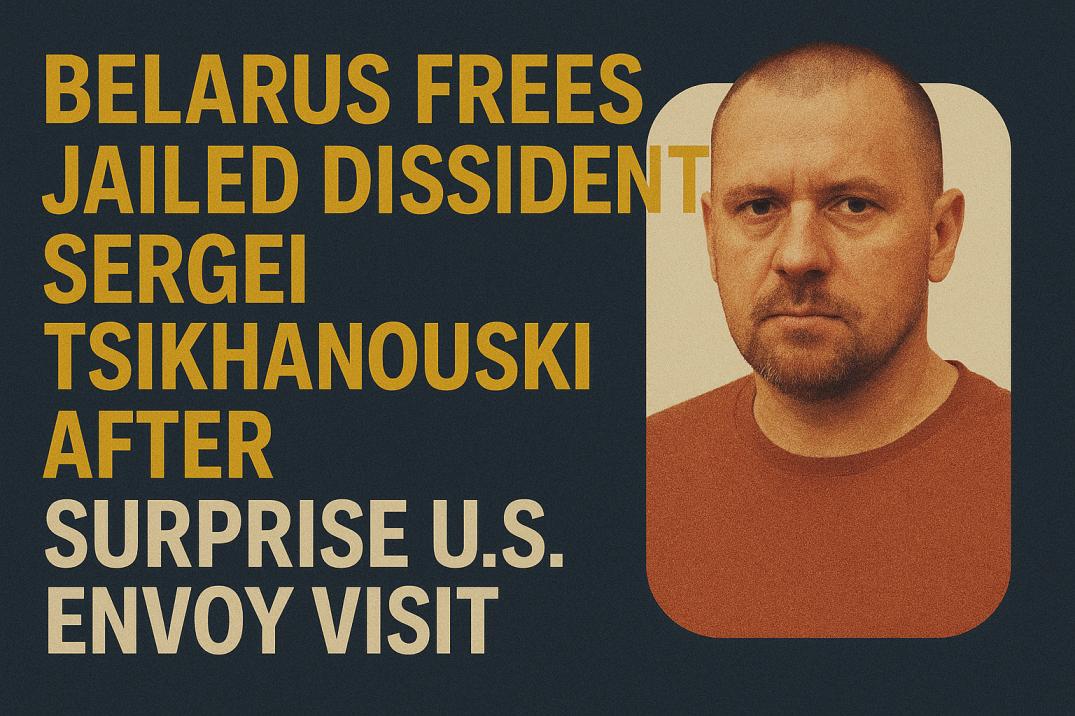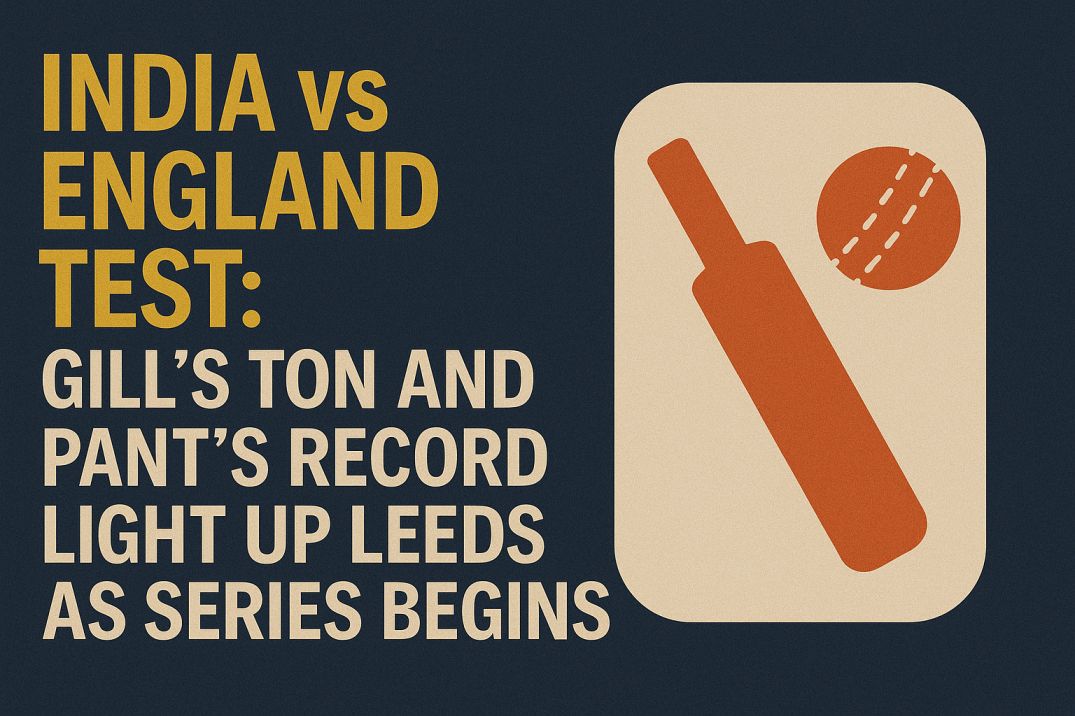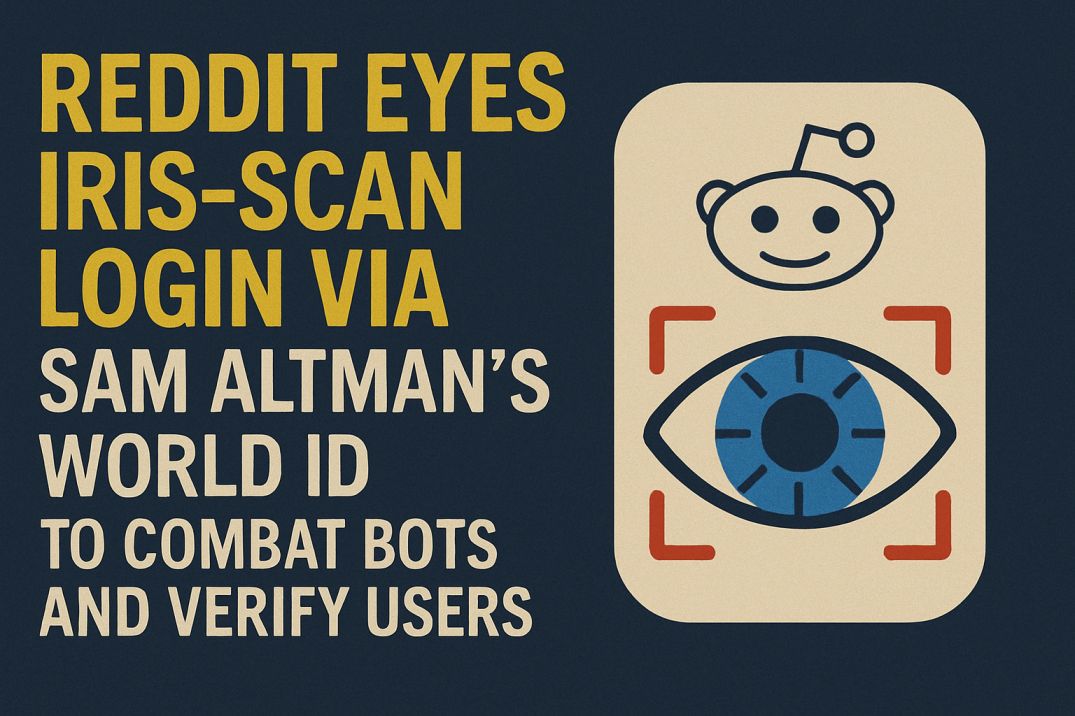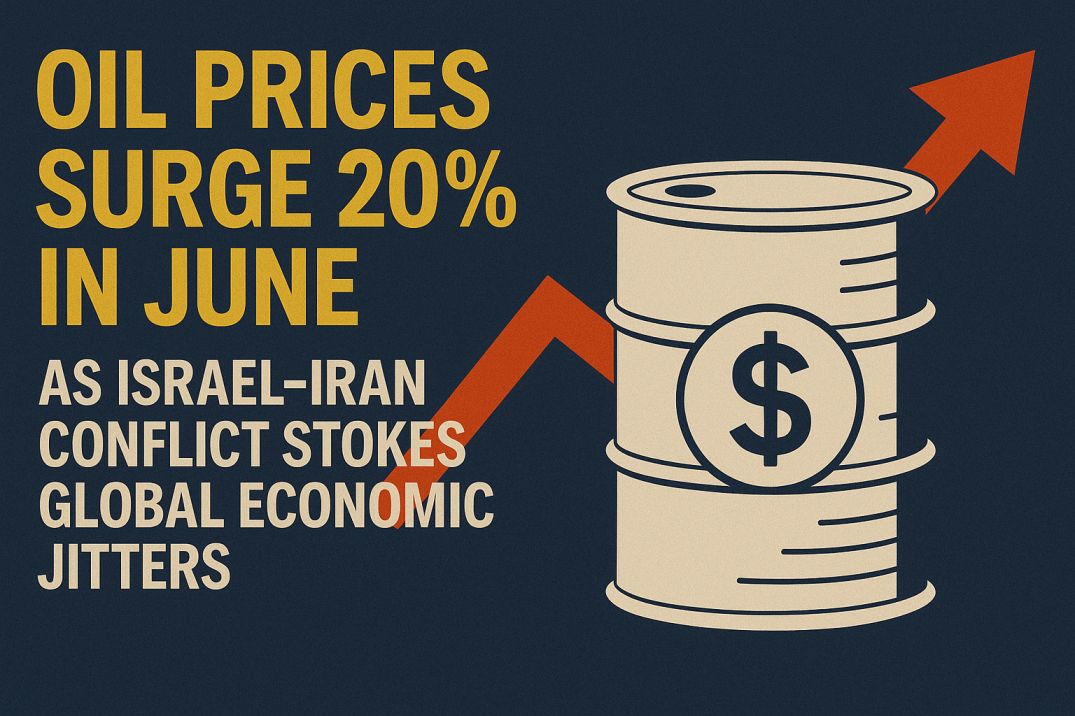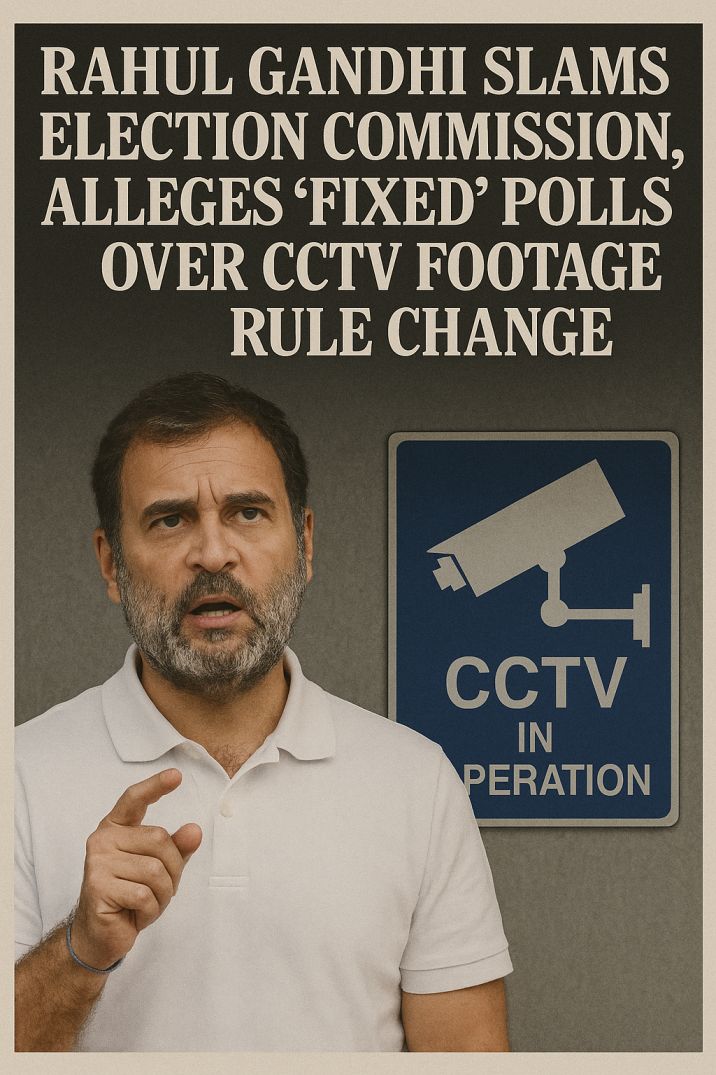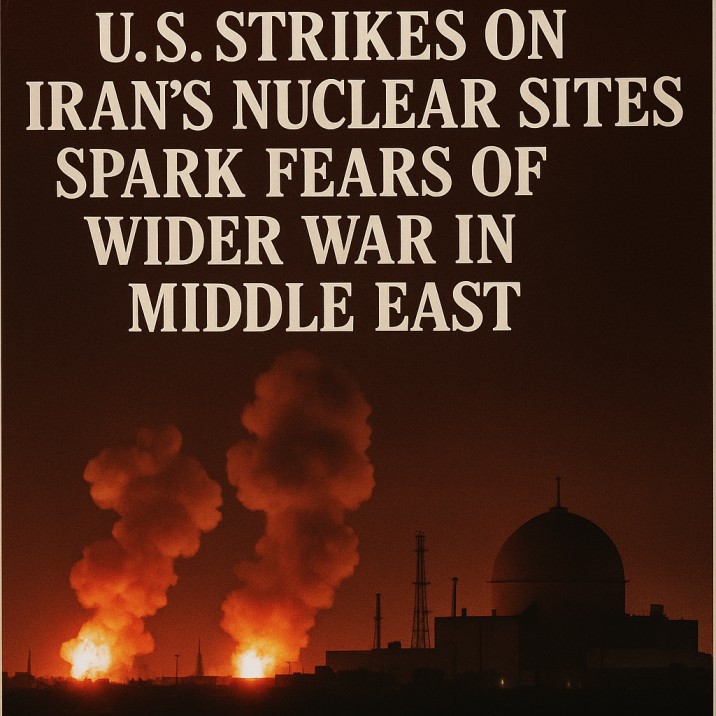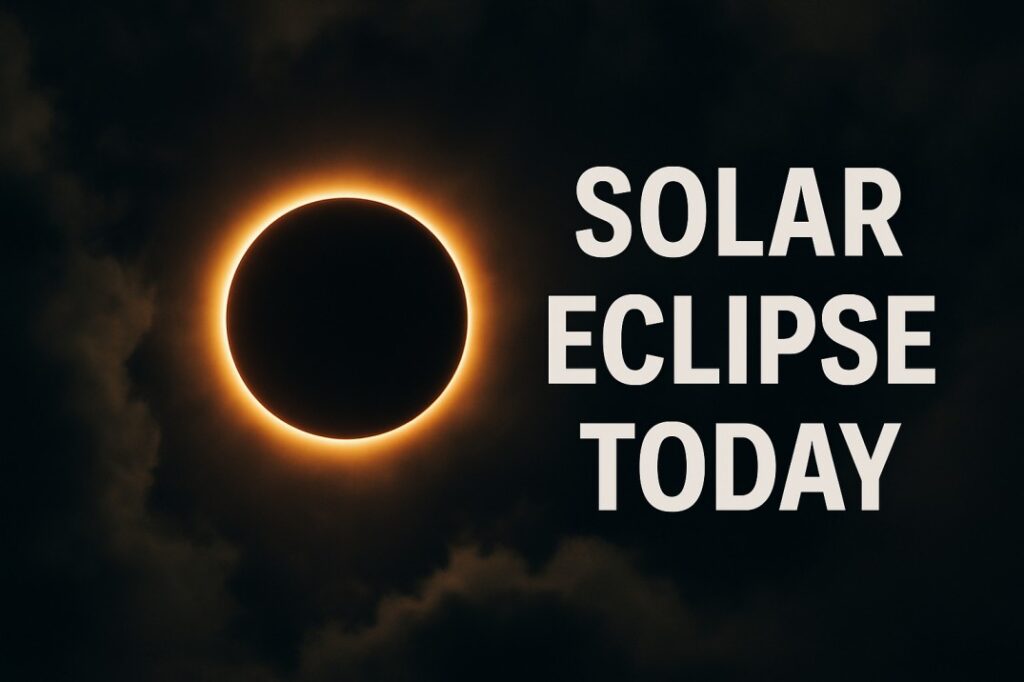
Washington / New Delhi, August 2, 2025 (Newzbuz):
A viral claim sweeping social media alleges that the world will plunge into six minutes of complete darkness today due to a solar eclipse. However, NASA and leading astronomers have firmly debunked the rumour, stating no solar eclipse—total, annular, or partial—is scheduled for August 2, 2025. Solar Eclipse Today
Origins of the Misinformation – Solar Eclipse Today
The confusion appears to stem from coverage of a much-anticipated total solar eclipse on August 2, 2027, which is expected to last for up to 6 minutes and 23 seconds over parts of southern Europe, North Africa, and the Middle East. Social posts misquoted those reports without mentioning the year, triggering panic and speculation that the event was happening now.
Viral hashtags like #AugustEclipse2025 and sensational headlines referring to a “once-in-a-century eclipse” added to the frenzy—but they are factually incorrect and misleading
What NASA Says: No Eclipse Happening Today
NASA, along with U.S. and Indian astronomical observatories, has clarified that:
- August 2, 2025, holds no solar eclipse in its records—no totality, annularity, or partial shadow is scheduled to occur worldwide.
- The six-minute duration figure instead refers to the 2027 event, not 2025.
- Any claim of global darkness is scientifically impossible, as eclipses affect only narrow paths on Earth’s surface.
When Do Solar Eclipse Today Actually Occur?
Upcoming Solar Eclipses:
- September 21, 2025: A partial solar eclipse, visible in Australia, Antarctica, and parts of the Pacific Ocean—not visible from India or North America.
- August 12, 2026: A total solar eclipse over parts of Spain, Iceland, Greenland, and Russia, lasting around 2 minutes and 18 seconds in ideal zones.
- August 2, 2027: The much-hyped “eclipse of the century,” expected to cross 11 countries with a totality phase lasting up to 6 minutes and 23 seconds, thanks to celestial alignments—this is not happening today.
Why This Rumour Spread So Fast
- Posts misattributed the 2027 eclipse details to 2025.
- Many readers skim headlines without verifying dates.
- The phrase “six minutes of darkness” was treated sensationally.
- No credible source confirmed the claim; even NASA never listed an August 2, 2025 eclipse in eclipse calendars.
Scientific Context: What Actually Happens During a Solar Eclipse
A total solar eclipse occurs when the Moon passes directly between Earth and the Sun, casting a shadow (the umbra) over a limited area. During totality, the sky darkens briefly, and observers in the narrow path of totality can see the Sun’s corona. These events last only a few minutes and are visible only from specific geographic zones—not across the entire planet.
Outside the totality path, most of Earth experiences no eclipse or only a partial effect, which does not cause darkness. Wearing proper ISO-certified solar viewing glasses is critical; viewing without them—even during partial phases—can cause serious eye damage.
Impact in India and Elsewhere
There is no eclipse visible from India today, and no Sutak (religious observance period) is warranted for August 2, 2025. The next visibility-relevant eclipse for Indian skywatchers will be on September 21, but only in parts of the Southern Hemisphere—not in India.
Meanwhile, media in Europe and the U.S. have swiftly published clarifications, emphasizing the need to fact-check celestial claims and avoid panic-driven misinformation.
Advice for Readers & Skywatchers
- Ignore sensational headlines claiming global darkness today.
- Verify against credible astronomy sources—NASA, Solar Dynamics Observatory, or timeanddate.com.
- Never look directly at the Sun without certified safety glasses.
- Prepare calendars for future events—like the August 2027 total eclipse, which will actually be visible across parts of Europe, Africa, and the Middle East.
Final Word
Today’s claims of an eclipse plunging the planet into darkness are entirely unfounded. NASA and expert sources confirm no eclipse occurs on August 2, 2025. The viral hype conflates future events with present circumstances. Real solar eclipses are rare, regional, and strictly observable within specific geographic paths under scientific conditions.
Stay with Newzbuz for verified astronomy updates and eclipse alerts as future celestial spectacles unfold. Remember—science over sensationalism always wins.







